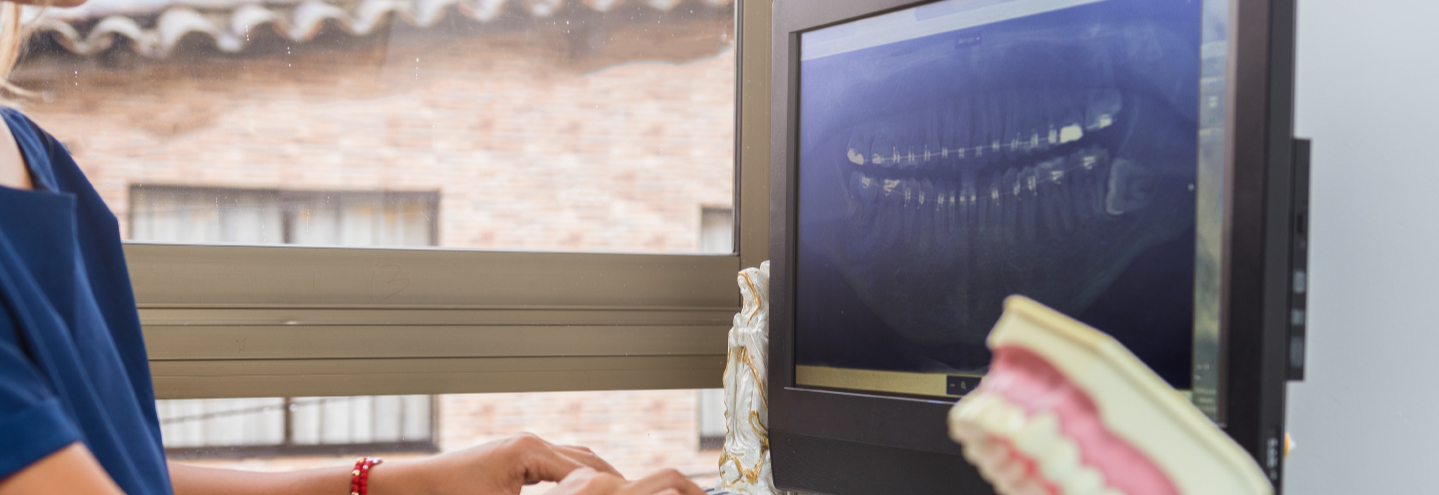
Dental bonding
The benefits of dental bonding
Enhanced aesthetics
Love the look of your smile again! Dental bonding is a fairly simple way to take back your confidence.
Quick and comfortable
The procedure is relatively quick with little to no pain, often requiring just one visit to the dentist.
Non-invasive
Unlike other cosmetic procedures, dental bonding does not require the removal of enamel.
Affordable
Dental bonding is often more cost-effective than cosmetic treatments like veneers—but can still as effectively transform your smile
Dental bonding procedure
Once you’ve set up your appointment at your local Celebrate Dental & Braces, here’s what you can expect:
Step 1: Shade selection
Your dentist will carefully select a shade of resin that matches the color of your natural teeth.
Step 2: Tooth prep
The tooth’s surface is prepped by roughening the surface to ensure a strong bond between the tooth and the resin. A conditioning liquid will be applied to help the resin stick to the tooth.
Step 3: Application and bonding
The resin starts in a putty-like consistency, allowing the dentist to mold it into the shape you want. Once it’s applied, a curing light is used to harden and bond the material to the tooth.
Step 4: Sculpting, shaping and polishing
The resin will be shaped into the look you want. Your dentist will have you bite down to ensure a comfortable fit. Finally, the tooth will be polished to enhance shine, giving you a natural look and feel.
Dental bonding aftercare
After receiving dental bonding treatment, it’s important to be intentional when caring for your teeth. Here are a few tips to help your smile look and feel its best.
FAQs about dental bonding
How much does dental bonding cost?
Dental bonding typically costs around $300 per tooth. Your actual cost will depend on the number of teeth to be bonded and the complexity of the treatment.
How long does dental bonding last?
Dental bonding can last anywhere from 3-10 years. The lifespan depends on factors such as dental care habits, the location of the bonding and the wear and tear that your teeth endure. Regular dental check-ups at your local Celebrate Dental & Braces and maintaining good oral hygiene can help prolong the lifespan of your dental bonding.
Is dental bonding covered by insurance?
Insurance coverage for dental bonding varies based on the policy you may have. While cosmetic procedures like dental bonding are often not fully covered, there might be partial coverage if the bonding serves a functional purpose, such as restoring a damaged tooth. Contact your insurance provider to understand your specific coverage options.
Can dental bonding fix large gaps between teeth?
Dental bonding can close small gaps between teeth. However, alternative treatments like orthodontics or veneers may be more suitable for significant gaps.
Does dental bonding stain over time?
While dental bonding material is resistant to stains, it can still become discolored with exposure to certain substances like coffee, tea or tobacco. Consider minimizing the consumption of staining substances and maintain good oral hygiene practices.
Discover more for your smile
Dental bonding for a stronger smile
Fortify your teeth with dental bonding. Speak with your Celebrate Dental & Braces dentist today to learn more, or visit your local office.
Our Doctors’ Affiliations





